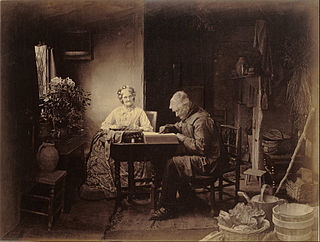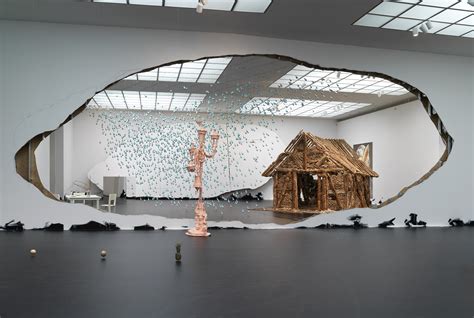A Quote by Madeleine L'Engle
When the artist is truly the servant of the work, the work is better than the artist; Shakespeare knew how to listen to his work, and so he often wrote better than he could write; Bach composed more deeply, more truly than he knew, Rembrandt's brush put more of the human spirit on canvas than Rembrandt could comprehend. When the work takes over, then the artist is enabled to get out of the way, not to interfere. When the work takes over, then the artist listens.
Related Quotes
The art is more important than the artist. The work is more important than the person who does it. You must be prepared to sacrifice all the you could possibly have, be, or do; you must be willing to go all the way for your art. If it is a question between choosing between your life and a work of art -- any work of art -- your decision is made for you.
Maybe an artist's position in society is different today because it's more individualistic. You're not a direct servant anymore to the patron-you're an indirect servant, or a servant with a choice, or maybe you could not even serve. It's the way you make something. You draw it, you carve it out. Later you build it up from a flat surface. There is no other way to do a sculpture - you either add or you subtract. If you don't enjoy making work, then it's bad... artwork is brutal for so many people... I like the idea of an artist as sombody who works.
Why was the painting made? What ideas of the artist can we sense? Can the personality and sensitivity of the artist be felt when studying the work? What is the artist telling us about his or her feelings about the subject? What response do I get from the message of the artist? Do I know the artist better because of the painting?
I see more and more that my work goes infinitely better when I am properly fed, and the paints are there, and the studio and all that... I wish I could manage to make you really understand that when you give money to artists, you are yourself doing an artist's work, and that I only want my pictures to be of such a quality that you will not be too dissatisfied with your work.
An artist of understanding and experience can show more of his great power and art in small things roughly and rudely done, than many another in a great work. A man may often draw something with his pen on a half sheet of paper in one day . . . . and it shall be fuller of art and better than another's great work whereon he hath spent a whole year's careful labor.
Just let the artist sign an empty canvas or a frame, with the inscription, 'I had such and such a concept in mind' for this work. The artist then need not bother with producing the work, and therefore need not be worried about being dis-satisfied. All he or she needs to do is to sell it to a collector. The collector will have the guarantee that the artist thought about the work, even if momentarily, and therefore be satisfied.




































